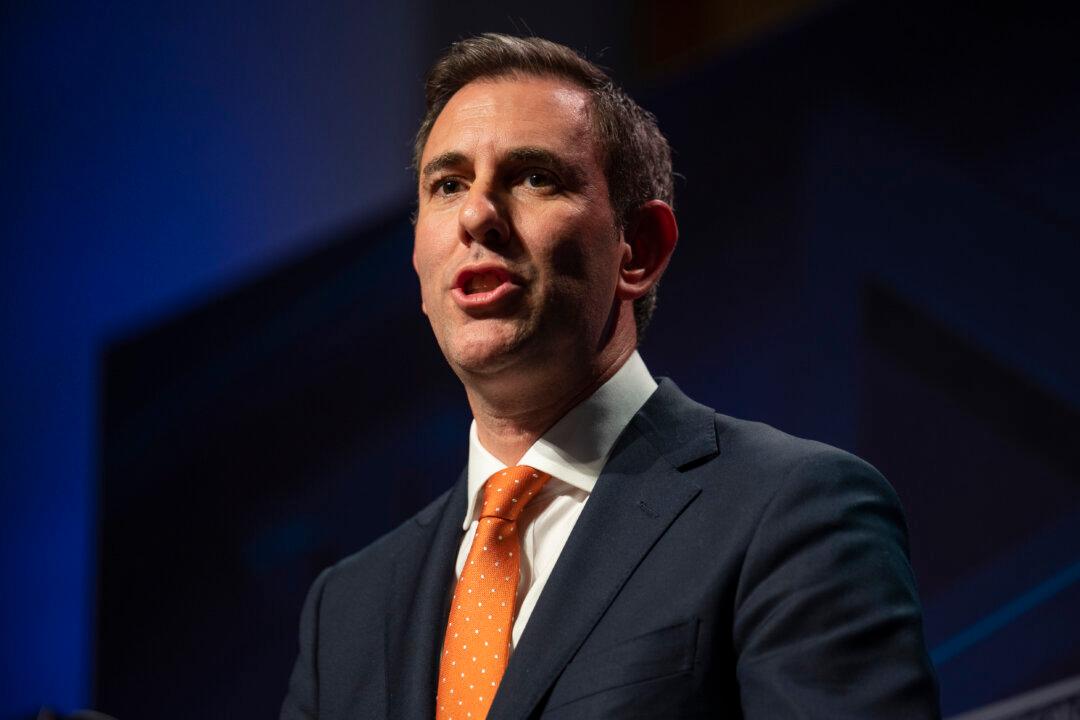Australian Treasurers Jim Chalmers has refuted the idea that the newly announced $14.6 billion (US$9.88 billion) living cost relief will worsen inflation.
In an interview with ABC Radio, the treasurer said the relief package included “responsible spending” and would not add pressure to inflation.





